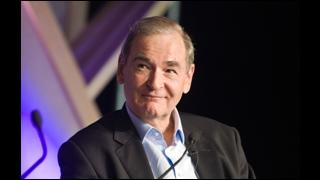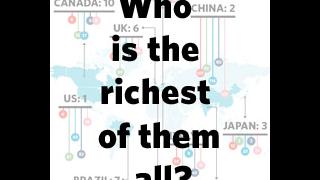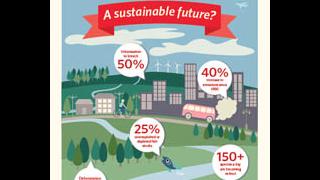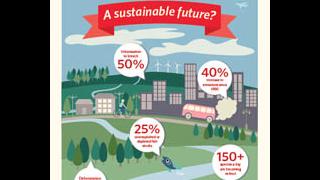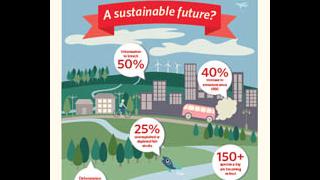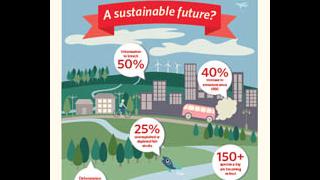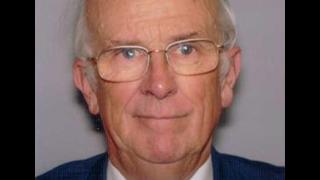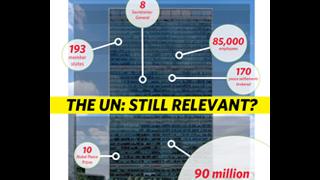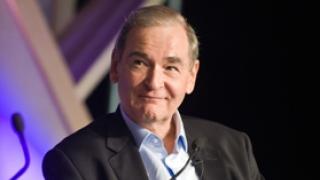
Sir Jeremy Greenstock sets the scene for this issue of New World
Those of us who are most concerned with the state of the world – and you wouldn't be reading New World if you weren't – worry about the effect of the global economic crisis on poorer countries. Since the turn of the century, events have reinforced nationalistic tendencies and the burden of foolishly acquired debt was bound to make states even more self-interested. Now we feel poorer ourselves, what impact is this having on sustainable development?
Some of it is undoubtedly bad. Climate change negotiations are alive but not productive enough. Traditional donor countries are finding it hard to convince their electorates to be generous towards distant peoples. NGOs are struggling to raise funds and movements like the "Make Poverty History" campaign seem to have run into the sand. In short, it appears that the global issues that trouble people's consciences in happier times become secondary when the home front is in trouble.
 Fortunately, that is not the whole picture. Since 2000, the development agenda has been refreshed by two things: the Millennium Development Goals initiative and a growing sense among ordinary people that problems are shared, exemplified by both the financial and climate crises. The world may have become more selfish but 'self-interest' now has a broader definition.
Fortunately, that is not the whole picture. Since 2000, the development agenda has been refreshed by two things: the Millennium Development Goals initiative and a growing sense among ordinary people that problems are shared, exemplified by both the financial and climate crises. The world may have become more selfish but 'self-interest' now has a broader definition.
There is tangible good news, too. First, as this issue of New World highlights, there is no shortage of practical proposals on fostering sustainable development. Second, some leading donors, and I am glad we can include the UK here, have not dropped the target of 0.7% of GDP for development assistance. They have also put more emphasis on making aid count, through improved accountability, local responsibility and programmes that have a multiplying effect, as in the health, education, agriculture and infrastructure sectors. And poorer nations increasingly recognise that the best path to growth is through trade and investment.
In the post-Cold War period, the expansion of rights and freedoms infused the international arena as much as the spread of economic opportunity. Legitimacy is no longer an abstract but a concrete force in politics, borne out graphically by the saga of Iraq. Now that economics is the headline topic, inequality has become, both within and between nations, the symptom of an unsustainable structure: the poverty gap is no longer acceptable to the majority.
 The UN, for all its challenges, still stands tall for greater equality and legitimacy. (See Mark Malloch-Brown piece.) With the relative diminution of the West's authority, the UN has been refreshed by its role as a global normsetter.
The UN, for all its challenges, still stands tall for greater equality and legitimacy. (See Mark Malloch-Brown piece.) With the relative diminution of the West's authority, the UN has been refreshed by its role as a global normsetter.
It is a forum in which the US, China, Russia and the UK can equally be called to account on issues ranging from the use of force to sustainable development. Not everything is going in the right direction but, increasingly, there are penalties for those who block action. The world we want to see, peaceful and engaged, will not be achievable without a collective understanding on this, bottom-up and top-down.
As supporters of UNA-UK and the UN, make your feelings known to policymakers. Sustainable development is both the right target and in the selfinterest of us all. We must share the responsibility of promoting it.
Sir Jeremy Greenstock is Chairman of UNA-UK and a former British Ambassador to the United Nations.



